What are the skills of a homemaker? If you recognize the calling to care for your home, you know that there is a lot to do in order to care for it. These things can be done on autopilot and just barely done well, or they can be done with intentionality and acquired skills. Doing it the first way may leave you feeling like you’re barely escaping the fire, or that you’re living on the outskirts of a tornado. But doing it the second way, with intentionality and skills, can leave you with energy, accomplishment, peace, and purpose.
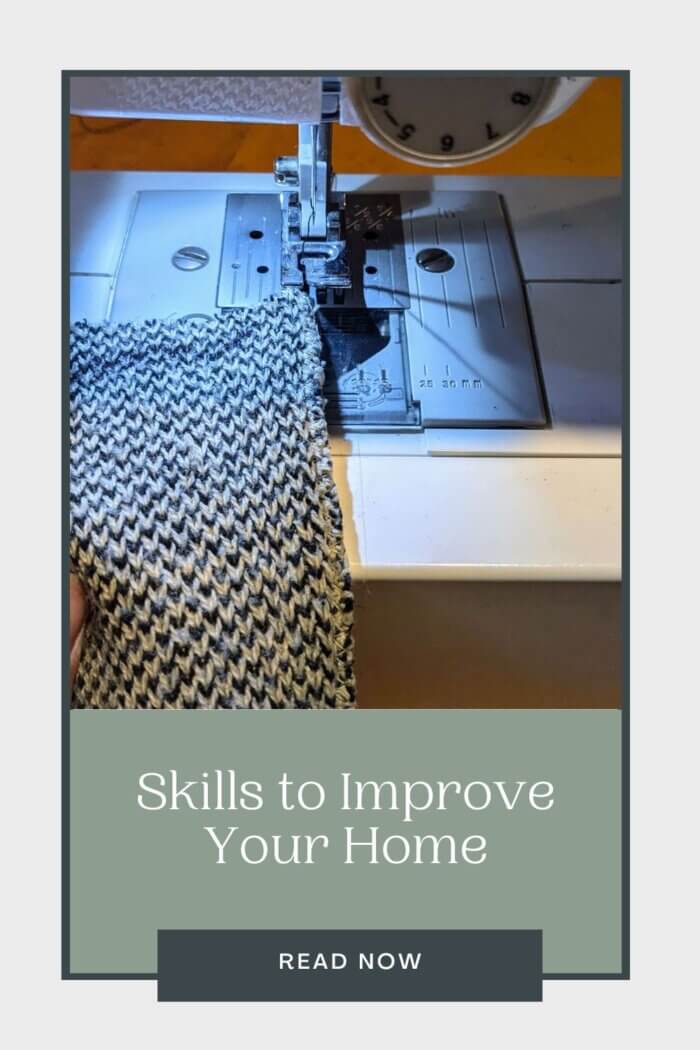
What makes a person a homemaker?
A homemaker is someone who cares for their home and family. This means that you don’t have to be married, a parent, or even a homeowner to be a homemaker.
Some sources say that you’re not a homemaker if you make an income outside of the house but I disagree with this. I began living on my own in an apartment when I was 19. I had a full-time job and no one else I was responsible for. But I still had a responsibility to care for the home I was living in.
How do I get better at the skills of a homemaker?
Practice! Intentional practice is the best way to get better. I say intentional because you can cook or sew every day for the rest of your life but if you aren’t intentionally planning or working to improve, you won’t get better.
Improvement doesn’t happen accidentally.
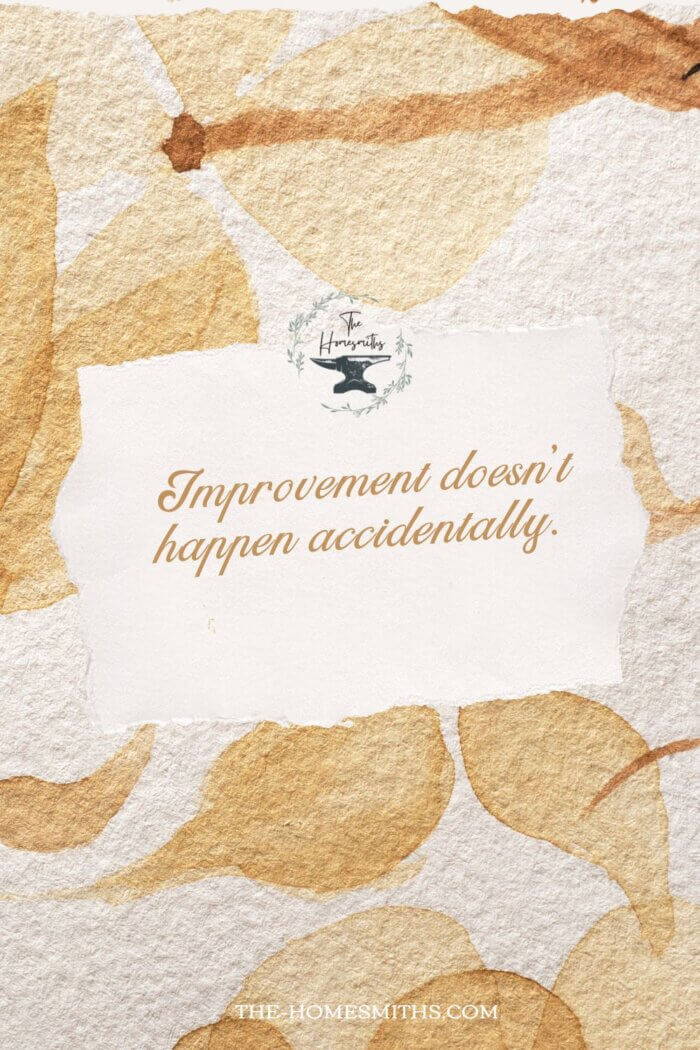
Are there more skills that a homemaker should work on than what is listed below?
Of course. Different lifestyles require more and/or different skills. Also, as a Christian, I believe that everyone (not just homemakers) have other skills that they should work on that make home life better. These include the Fruits of the Spirit, hospitality, and a lot of the character traits described in Proverbs 31.
I don’t list reading as a skill that a homemaker should work on, but I do believe that regularly reading books that further my identity as a God-fearing, Bible-believing wife and mom, who is working on homemaking skills is incredibly helpful as I continue to grow.
Skills of a Homemaker:
Cooking (and baking):
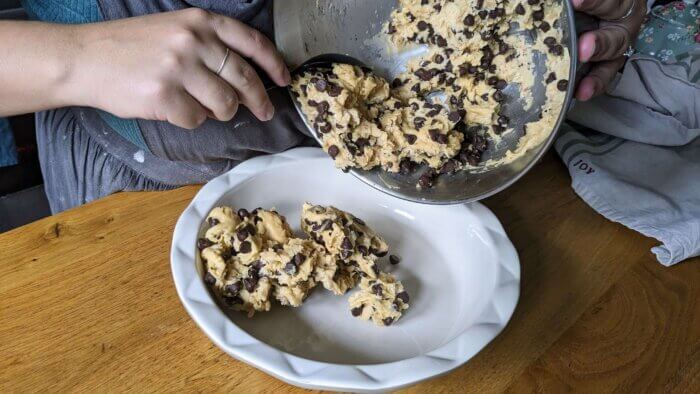
I would guess that cooking is the first skill that comes to mind when you think of homemaking. It’s done multiple times a day, and when it’s not actively being worked on, it’s usually being thought about or talked about.
Improving your cooking skills helps you and your family to be healthier, it can save money, and help you spend less time working on cooking!
In order to learn more about cooking, read cookbooks, watch cooking shows on TV and YouTube, and practice recipes.
Check out some of our resources to learn how to improve your cooking skills:
Making a Budget Friendly and Appeaing Meal Plan
Common Cooking Mistakes and How to Fix Them
Beginner Home Cook Essentials Guide
Cleaning
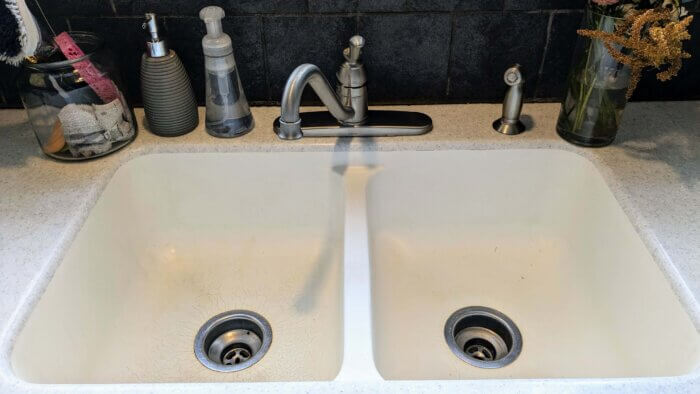
If cooking wasn’t the first homemaker skill that came to mind, my guess is that it was cleaning. Cleaning is definitely a skill that takes practice and teaching to improve. Different stages of life require different quantities and types of cleaning. So learning now, where you are, with what you’ve been given, is so important for success in the next stage.
We have a Stay at Home Mom Cleaning Routine and Downloadable Schedule for you to check out. You don’t need to be a stay-at-home mom to put it to use though!
Also, we believe in utilizing your team. If you have children, they can absolutely help with cleaning. By allowing them to participate, you are training them in the skills of a homemaker! Check out our Chore for Toddlers post with the free download!
Organizing: Belongings and Schedules/Paper Clutter
Organizing belongings may seem like it falls into cleaning but it is a skill that is worth developing all on its own. Learning how and where to store things, what you use regularly, don’t use at all, or could make do with what you have, will help you save money and appreciate what you have.
Organizing belongings is not just about putting things away in your own home, it’s also about knowing when it’s time to replace, repair, or donate the things that you own.
Organizing your schedule and paper clutter will in the long run decrease stress, overbooking, and losing things. Practice and research tips for organizing your schedule to suit your household best, how to sort and organize paperwork, what to keep and get rid of, and where to store these items.
Holding Weekly Family Meetings and having a Sabbath Rest can increase your success in the skill of organizing.
Sewing: Hemming, tailoring, minor repairs
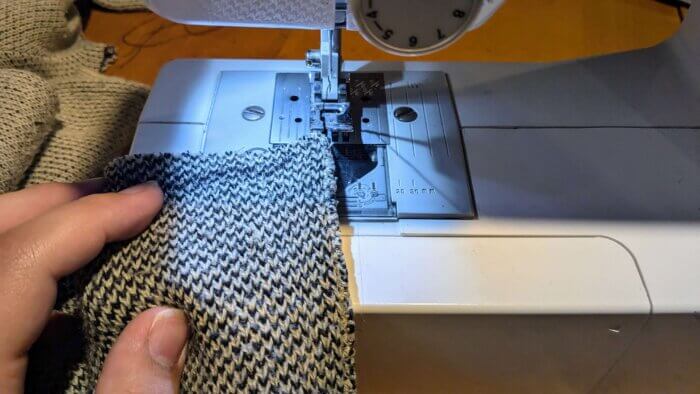
This is not just about learning how to create new clothes, it’s about saving money and resources with just a few materials. I do have a sewing machine, but for the most part, I do the fabric repairs around our house by hand.
Learn how to hem and tailor clothing. Learn how to put in patches and repair buttons too. Plus, this skill can help repair ripped fabric on furniture or children’s toys and blankets.
You can also take this skill and use it to create gifts or lean into embroidery for a different aspect of sewing. I made these Embroidered Pet Wall Arts as gifts using this skill. YouTube is an awesome free resource for learning these skills.
Gardening/Plant care:
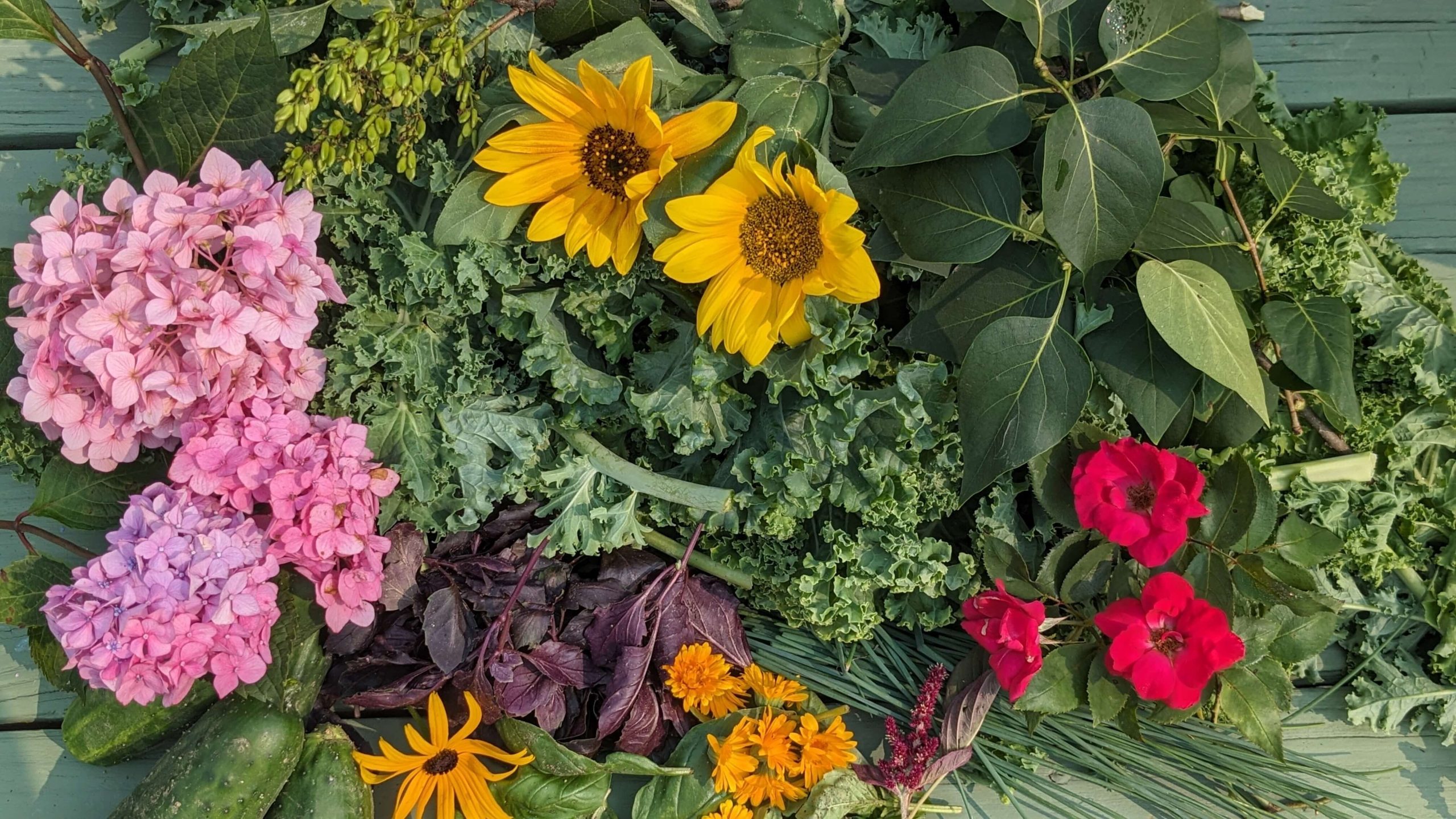
If the idea of gardening or plant care makes you want to run, feel free to skip this skill. I list it as a skill because there are a lot of benefits to having plants in your home. Knowing how to care for plants will help you save money (so that you don’t keep having to purchase ones to replace the ones you killed), and can give you the opportunity to give plants as a gift as you learn to propagate and grow more of them.
Learning how to grow and care for food plants is a skill because it can save you money on your grocery bill, and or enable you to eat healthier and more varieties than you otherwise would!
You can read through our gardening content to get an idea of what is possible. We started out not being able to keep a cactus alive and now we grow hundreds of plants each year!
First aid
I’m not going to give medical advice here. What I will share is that the knowledge I gained working as a nurse has served our family many times over. I know how to treat minor issues and evaluate what is a bigger issue. This has saved us money and time, as well as literal blood, sweat, and tears!
Gain valuable knowledge through research and experience. Look up and attend local first aid classes and I guarantee that the information will prove useful to you.
Home Repairs/Maintenance
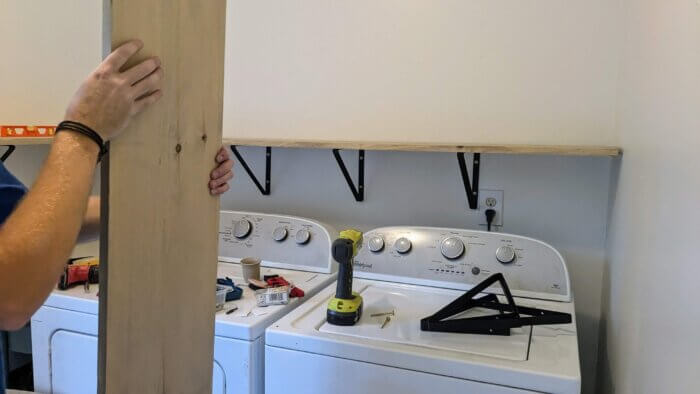
You might read home repairs and think “Yeah, no. I’ll pay someone to do that.” or “My husband has that in the bag.” That was definitely my mindset for a while but learning the skill of home repairs can save you money in the immediate and in the future.
I’m not talking about replacing a toilet or fixing electric things (please don’t. Hire people who know what they are doing.) I’m talking about minor things like unclogging drains, spackling drywall, fixing grout, etc.
You only know what you are comfortable with, but do the research and practice on things. Maybe it’s learning how to use a few power tools or learning how to take care of and maintain your lawn
The idea behind this one is that if you understand the basics of home repairs and maintenance, you can learn what you can do yourself instead of hiring someone out, or you’re knowledgeable enough to see future problems and know how to prevent or address them before they become a crisis.

These 7 skills are just the tip of the iceberg when it comes to learning the skills of the homemaker. These broad ideas though should give you an idea of where you can start. We hope that you find yourself motivated and encouraged to work on these aspects of homemaking no matter where you are!
Don’t forget to save this post and share it with friends!

I love this! You make some very helpful points throughout that I need to implement! Thanks so much for sharing!
Thank you for your encouragement!
I love this, I was on my own too since I was 16. I still have not learnt how to sew though haha
Sewing is so intimidating to me! I’m really trying to work on it though.